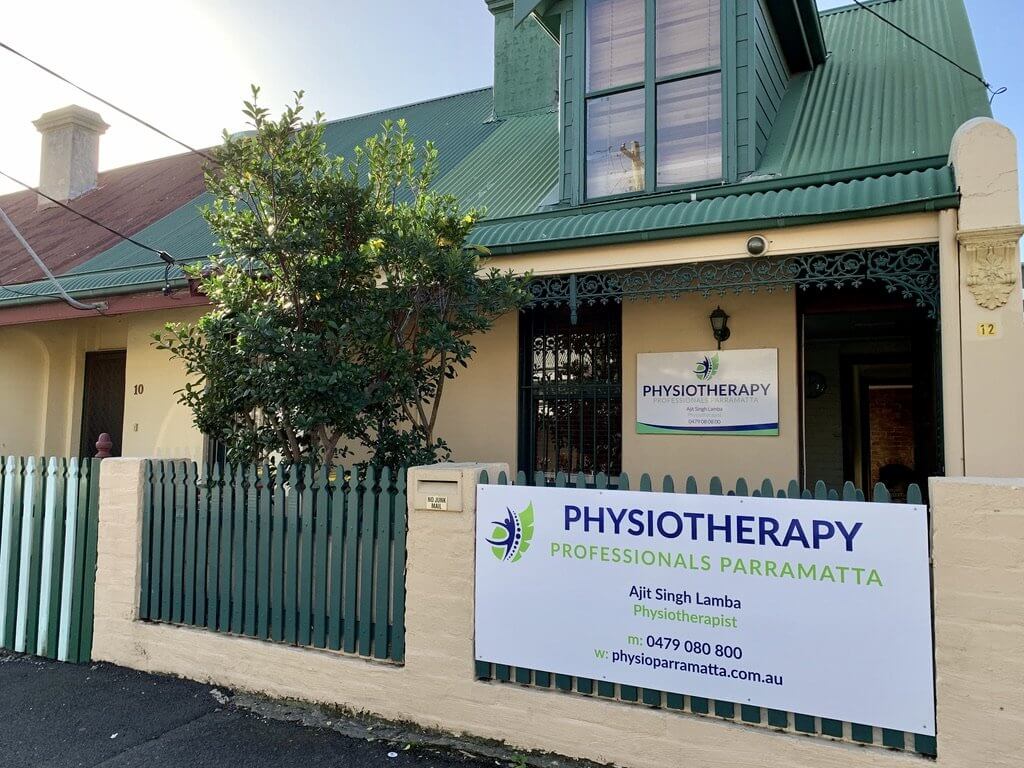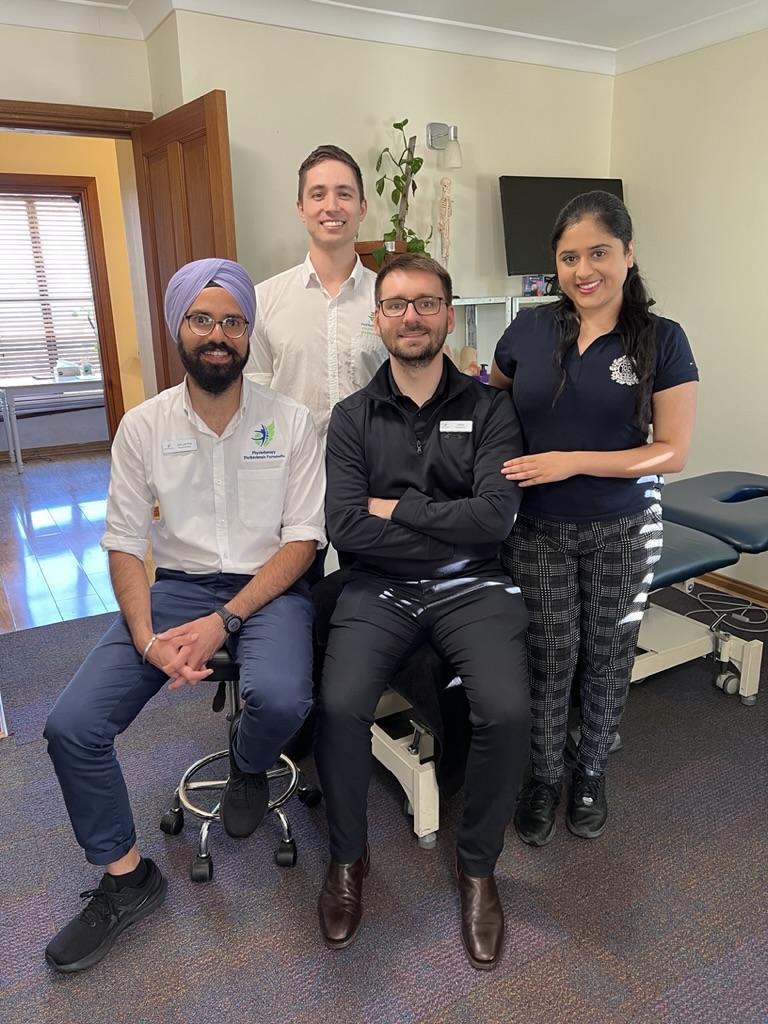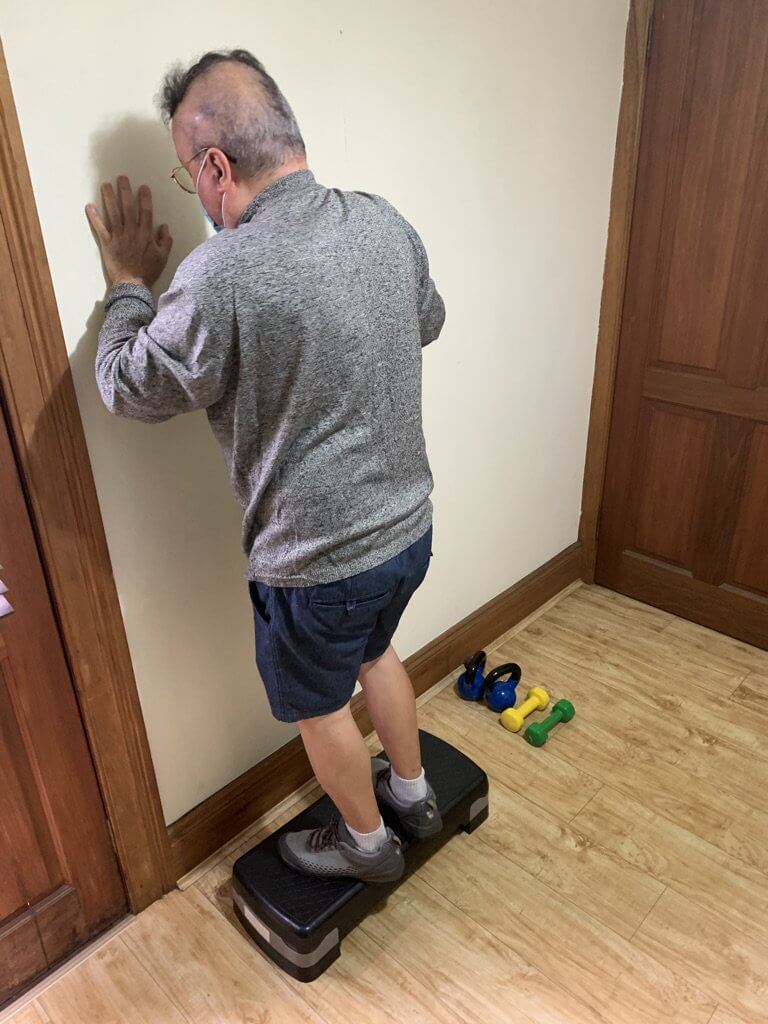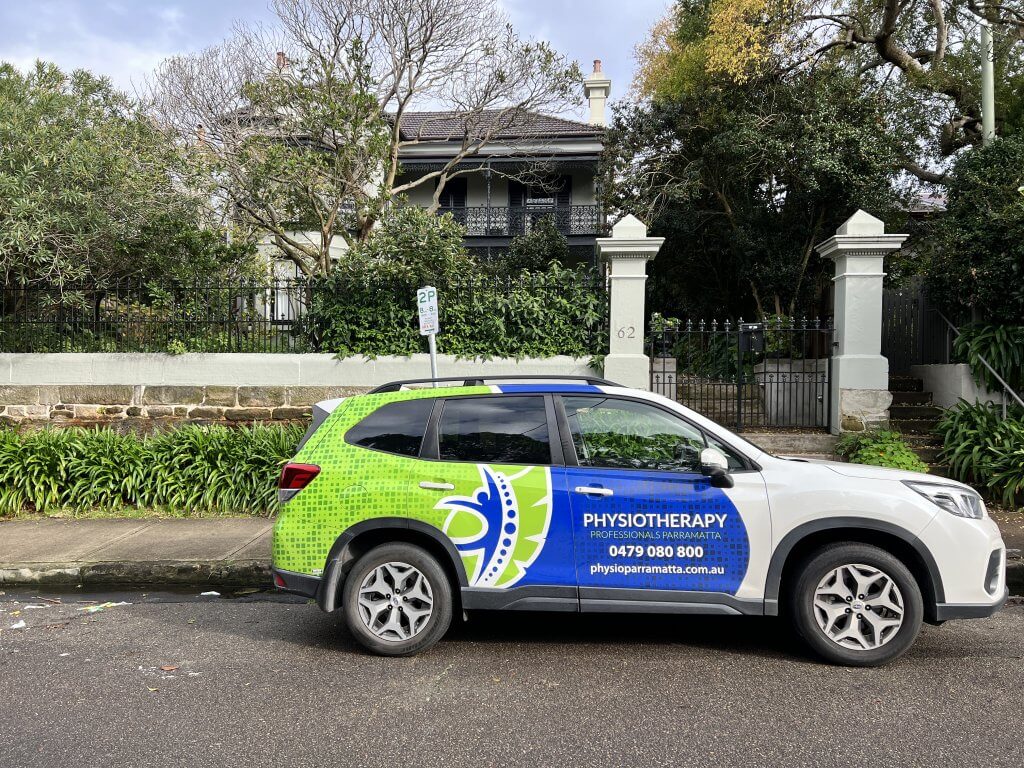Guide to lodging a CTP Claim

What do you do after a motor vehicle accident and how do you lodge a CTP Claim?
Summary:
Things to know before you start:
- Before you apply, get the details of the other vehicle and report the crash to police. While you have 28 days to do this, you should do it as soon as possible. This is an important way of proving that the accident happened.
- You can still make a claim if you don’t have all these details yet. Submit the application and the insurer will be in touch about any other information they need.
- If you’re unable to make the claim yourself (eg you’re in hospital), family members, friends or other representatives can submit the claim on your behalf.
- To receive back pay from the date of the crash, the insurer needs to receive the claim within 28 days. You can still submit a claim up to three months after the crash, but it’s best to submit a claim as soon as possible.
To lodge a CTP claim:
- The police event number.
- Details of your injuries, medical treatment received and receipts for medical expenses.
- Your certificate of fitness or medical certificate from your GP
- Proof of earnings, such as pay slips, from before and after the accident.
Step 1: Find out who to claim with
If you need to make a CTP claim, you will first need to know the insurer of the vehicle you believe is most at fault. This may not be determined immediately at the time of the accident. If you don’t know which insurer to lodge with, you can contact your own CTP insurer or you can submit your application to CTP Assist. CTP Assist will automatically send your details to the right insurer, who will then contact you. CTP Assist on 1300 656 919 or email [email protected].
Step 2: How to get income support if you injured and cannot return to work
If you are injured in a motor vehicle accident and as a result you have a loss of earnings, you may be entitled to income support payments. Income support payments compensate you for some of the income you have lost because of your injury. If you’re off work these payments will help pay the bills, so you can focus on getting better.
These payments will be a percentage of your pre-accident earnings:
Pre-accident earnings are an average of the past 12 months of your earnings.
- for the first 13 weeks the maximum is 95 per cent
- after 14 weeks the maximum is 85 per cent (depending on whether you have total or partial loss of earning capacity)
Most people recover within one year. After one year your income support payments will end if:
- you were at fault / most at fault or
- your injuries are assessed as ‘threshold’ (previously known as a minor injury)
If you have not reached pre injury levels two years after your accident and continue to experience loss of earnings, you may lodge a claim for damages.
When to lodge your CTP claim
Lodge your claim as soon as possible. To receive lost income from the date of the accident, the insurer needs to receive the claim within 28 days. If the claim is made on the insurer after 28 days, then you will need to give an explanation for your delay to be considered eligible to receive weekly payments of statutory benefits from the day after the date of the accident. Otherwise, weekly payments of statutory benefits may only begin from the date the claim is made. You can still submit a claim up to three months after the crash, but it’s best to submit a claim as soon as possible.
Who can apply for a CTP claim?
Anyone who is injured in a motor vehicle accident in NSW can apply. This includes:
- drivers and passengers
- motor bike riders
- pedestrians
- cyclists.
The injury can be physical or psychological.
If the injury is a result of a motor accident that is also a work-related accident, you will also need to make a workers compensation claim against your employer’s workers compensation insurer. See claiming workers compensation for more information.
You cannot claim these benefits if you are charged with a serious driving offence in connection with the accident, or were the at-fault driver of an uninsured vehicle.
Contact Us:
Do you need assistance with your Physiotherapy treatment? Experienced team of Physiotherapists with essential knowledge. You can call us anytime to have a confidential discussion with our expert Physiotherapists. For more information on how we can further assist you, please call our clinic number on 0479 080 800 or send us an email on [email protected] for further details. Our Physiotherapists are Medicare, NDIS, and Work Cover approved, specialising in injury management and rehabilitation to get you back on track.

Physiotherapy After A Car Accident


